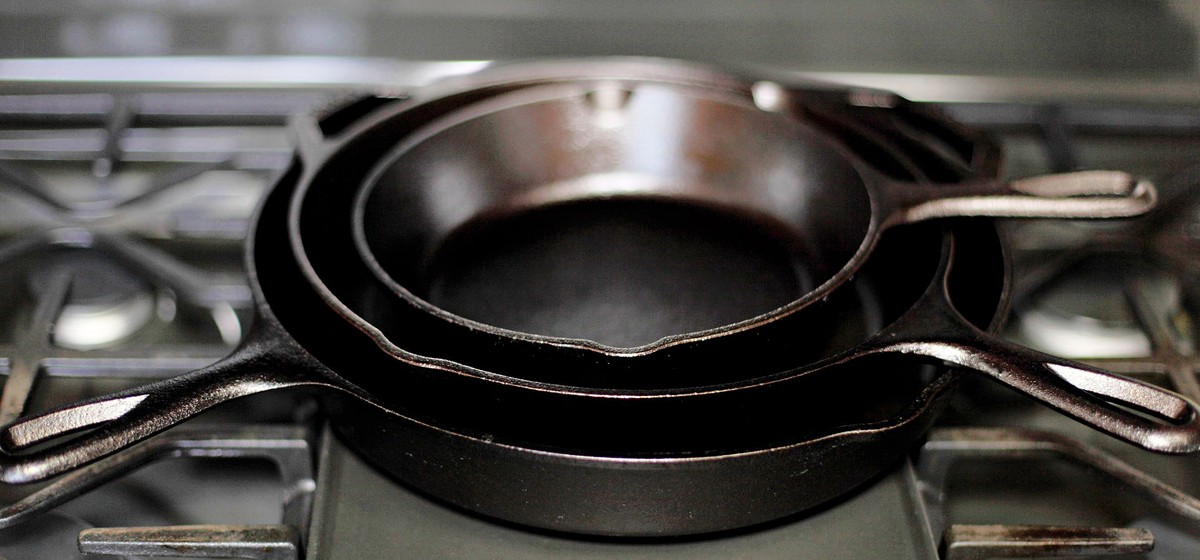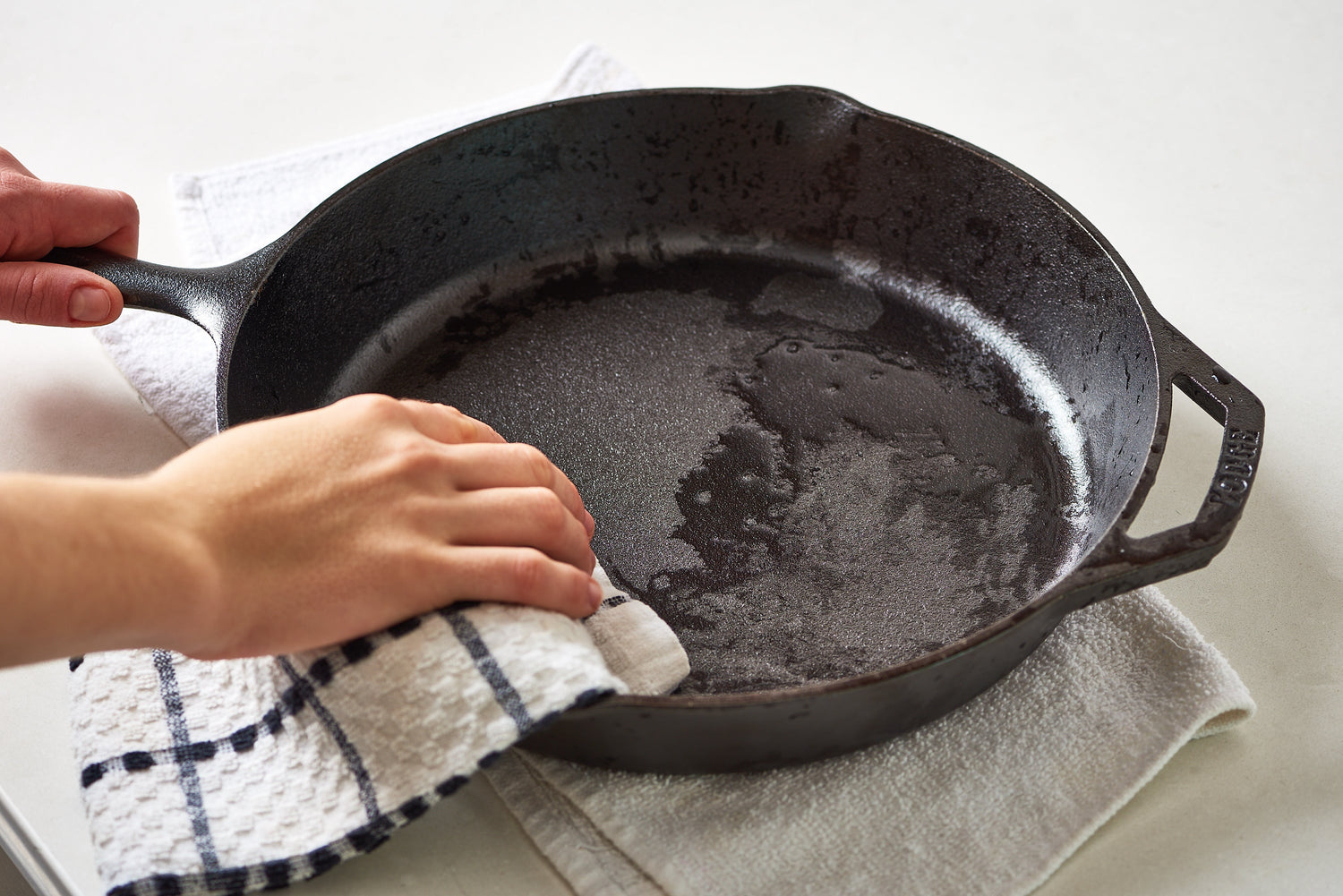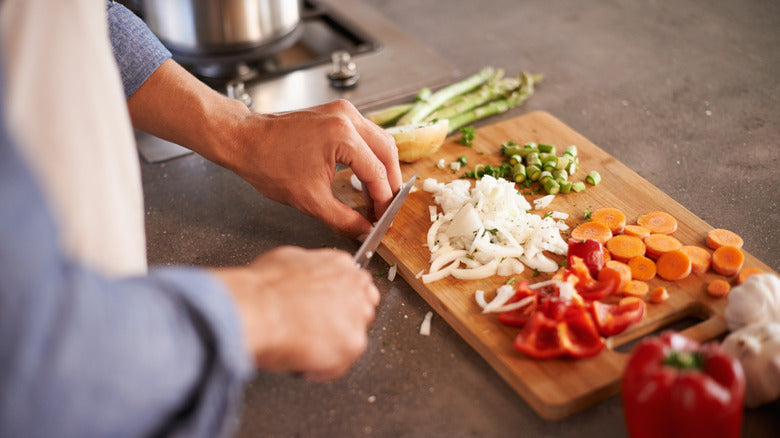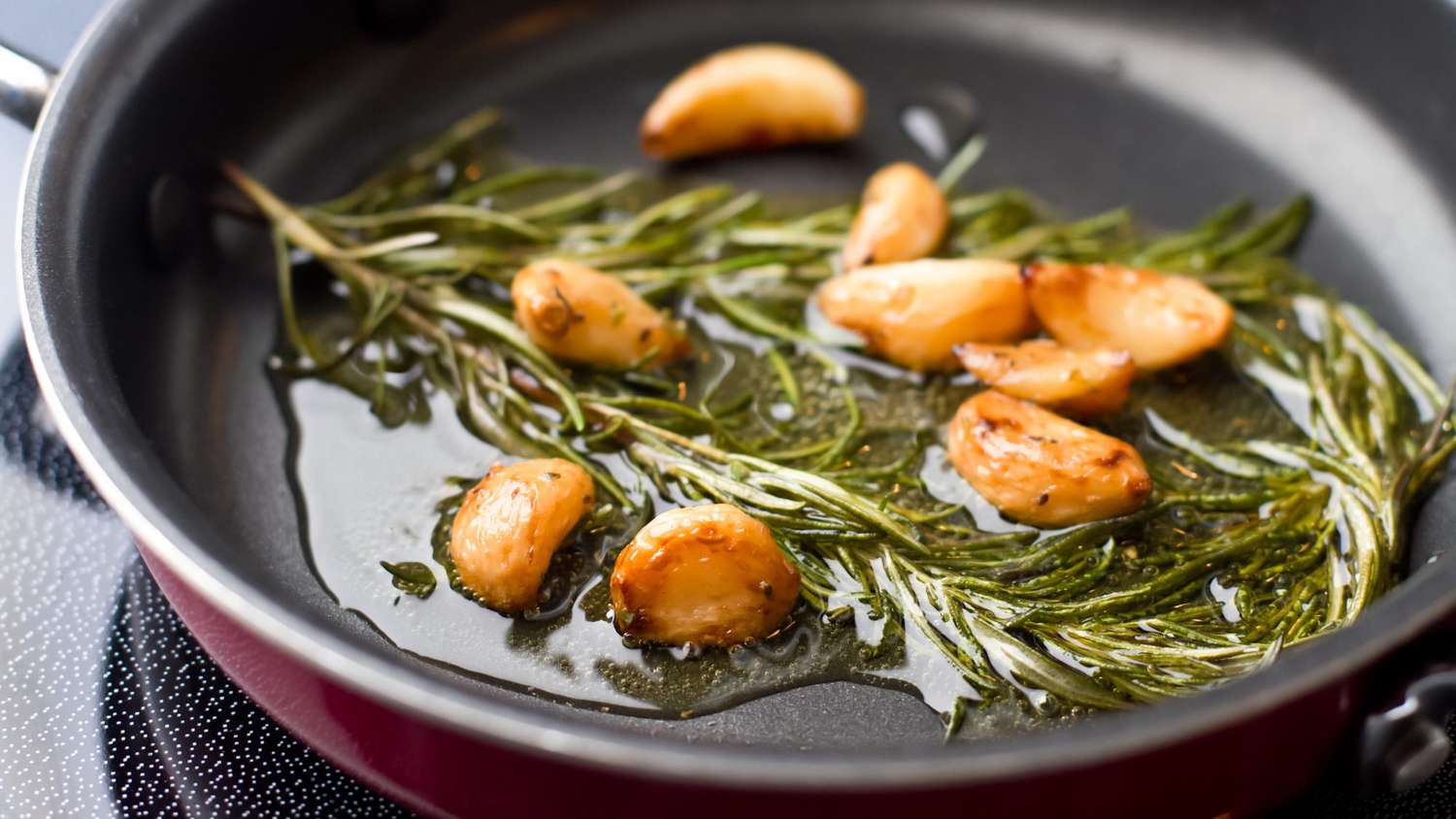If you are a serious culinary professional or an enthusiastic home chef, you might have come across the term seasoning in relation to your beloved cast iron cookware. What is the purpose of seasoning on cast iron cookware? This concept is not just a trend but a vital practice for ensuring the longevity and performance of your cookware. Seasoning not only creates a non-stick surface, but it also protects your cast iron from rust and enhances the flavors of any food you prepare.
In this article, we will take an in-depth look at the purpose of seasoning on cast iron cookware. We will explore its benefits, methods to achieve the perfect seasoning, and share some expert tips that every kitchen professional should know!

The Importance of Seasoning Your Cast Iron Cookware
When you think about cooking, the way your food tastes is rarely just about the ingredients. The quality and condition of your cookware play a significant role too. Seasoning is crucial for a multitude of reasons:
- Rust Prevention: Cast iron is highly susceptible to rust when not properly maintained. Seasoning creates a protective layer that keeps moisture from reaching the metal.
- Natural Non-Stick Surface: An optimally seasoned cast iron pan develops a natural non-stick surface that improves with use, making cooking a breeze.
- Flavor Amplifier: With each use, a cast iron pan absorbs flavors and oils, enriching whatever you cook in it.
How to Season Cast Iron Cookware
Now that we understand what is the purpose of seasoning on cast iron cookware, let's dive into the practical aspects of how to do it effectively. Here are some simplified steps:
- Start with a clean pan. Use soap and water to scrub it if its new or rusted.
- Dry the pan thoroughly to avoid any moisture that can lead to rust.
- Apply a thin layer of cooking oil to the entire surface, including the handle and bottom.
- Place the pan upside down in an oven at a high temperature (around 450-500F) for about an hour.
- Allow it to cool inside the oven.
Common Mistakes to Avoid
As with any cooking technique, there are common pitfalls to avoid:
- **Overusing Oil:** Too much oil can lead to sticky residue. Always use a thin layer.
- **Inconsistent Temperatures:** Maintaining a stable temperature while seasoning is crucial for an even coating.
- **Ignoring Maintenance:** Seasoning is not a one-time task; regular maintenance is essential for keeping your cookware in prime condition.
Popular Techniques for Seasoning
The methods for seasoning can vary, but here are a few tried-and-true techniques favored by professionals:
- Flaxseed Oil Method: Known for its high smoke point, flaxseed oil creates a durable layer when seasoned correctly.
- Vegetable Oil Method: The most commonly used oil, easy to find and effective for beginners.
- Shortening Method: For a thicker layer, using solid shortening can yield good results.
To learn more about how much oil to use or how long to bake your cast iron, check out these guides on oil usage and baking time.
Remaining Consistent in Your Seasoning Routine
Consistency is key! Regularly using and re-seasoning your cast iron cookware ensures its resilience while also enhancing its cooking abilities. You may wonder how often should you season it? Generally, after every few uses, you should assess whether your cast iron could benefit from a quick re-seasoning.
Are There Risks Involved?
Inexperienced cooks might mistakenly think that any oil will do for seasoning. Using oils with low smoke points can lead to a gummy residue instead of a smooth, durable coat. It is also crucial to know what to do if you see signs of rust. A simple scrub with vinegar and a re-season will bring back that charm in no time! For more information on how to redo your cast iron seasoning, read our step-by-step guide.

FAQs
1. How long does the seasoning last?
The seasoning can last for years if properly maintained; however, it may require freshening up after heavy usage.
2. Can I use my cast iron on an induction stove?
Yes! Cast iron is induction-compatible as it is made from ferrous metal, which responds well to magnetic fields.
3. Should I season my cast iron after every wash?
It is not necessary to season after every wash. Keep an eye on the surface; if it looks dull or feels sticky, thats when to season.
As an Amazon Associate, I earn from qualifying purchases.






Leave a comment
This site is protected by hCaptcha and the hCaptcha Privacy Policy and Terms of Service apply.